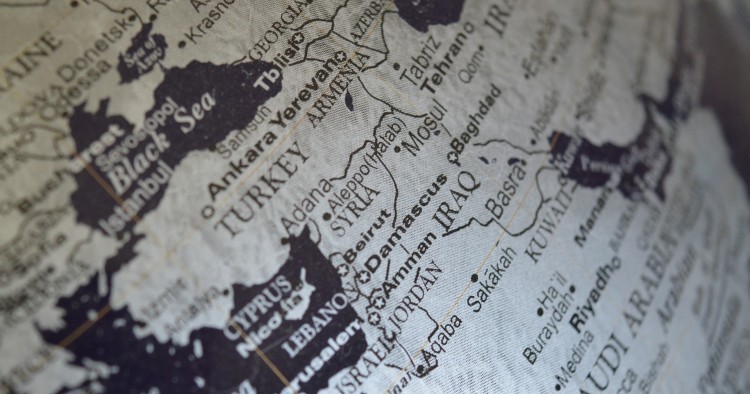For decades, the United States' approach to the MENA region has frequently sought regime change as an objective. Over the past 70 years, U.S. operations in Iran, Afghanistan, Iraq, Libya, and Syria have had a variety of tactics, motivations, and impacts, yet across the board these missions have failed to achieve their goals. The aftermath and unintended consequences of these interventions have been dire, with a horrific human toll and economic devastation, at often astronomical effect.
What policies, strategies, and broader goals have shaped the United States’ approach to the Middle East since World War II? What have been the dynamics at play that have exacerbated or mitigated the costs associated with efforts to oust governments? What lessons can be learned from these past experiences in shaping a humane and effective regional strategy, especially in the wake of the US elections in November?
The Middle East Institute (MEI) is pleased to host Philip H. Gordon to launch his book Losing the Long Game: The False Promise of Regime Change in the Middle East. The book examines the U.S. experience with regime change over the past seventy years, told from the perspective of someone who participated in U.S. policymaking in the region at the highest level.
Speakers:
Philip H. Gordon
Mary and David Boies senior fellow, U.S. Foreign Policy, Council on Foreign Relations; Former White House Coordinator for the Middle East
Paul Salem, moderator
President, MEI












